Books
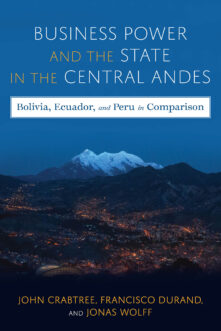
Business Power and the State in the Central Andes
Bolivia, Ecuador, and Peru in Comparison
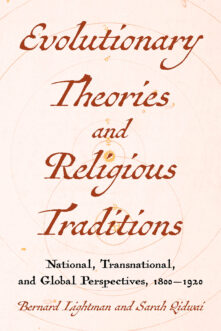
Evolutionary Theories and Religious Traditions
National, Transnational, and Global Perspectives, 1800–1920

Transatlantic Radio Dramas
Antônio Callado and the BBC Latin American Service during and after World War II
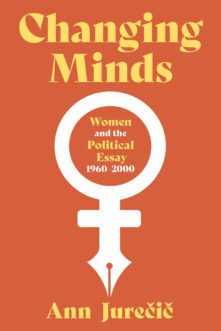
Changing Minds
Women and the Political Essay, 1960-2000
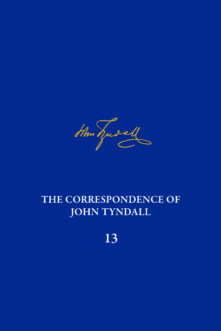
The Correspondence of John Tyndall, Volume 13
The Correspondence, June 1872–September 1873
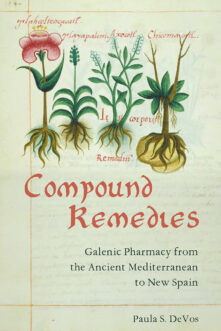
Compound Remedies
Galenic Pharmacy from the Ancient Mediterranean to New Spain
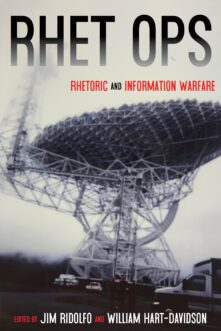
Rhet Ops
Rhetoric and Information Warfare
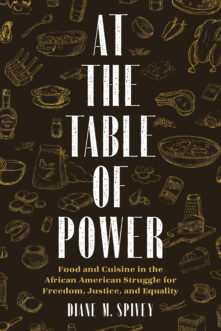
At the Table of Power
Food and Cuisine in the African American Struggle for Freedom, Justice, and Equality
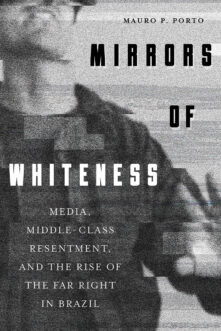
Mirrors of Whiteness
Media, Middle-Class Resentment, and the Rise of the Far Right in Brazil
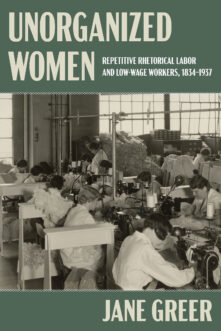
Unorganized Women
Repetitive Rhetorical Labor and Low-Wage Workers, 1834-1937
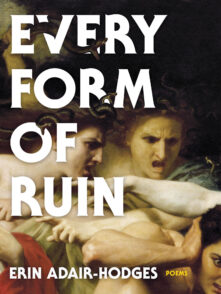
Every Form of Ruin
Poems
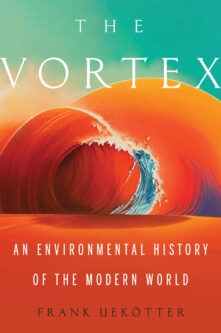
The Vortex
An Environmental History of the Modern World
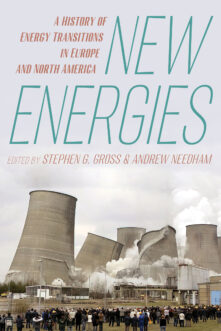
New Energies
A History of Energy Transitions in Europe and North America
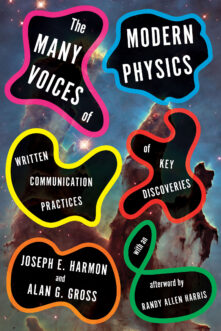
The Many Voices of Modern Physics
Written Communication Practices of Key Discoveries
Total 1551 results found.


